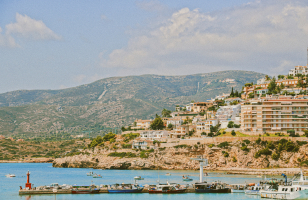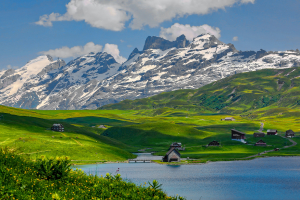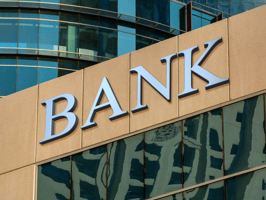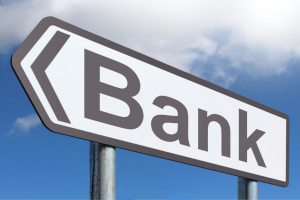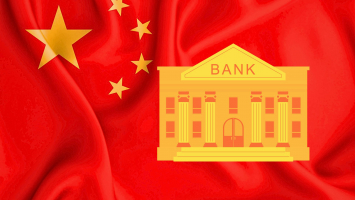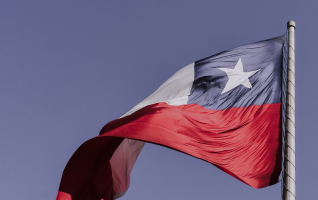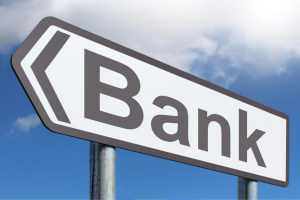Top 10 Safest Banks
As banks continue to adapt to more volatile political contexts, large-scale trade disputes, and, perhaps most crucially, post-financial-crisis regulation, it ... read more...is critical to understand which financial institutions will be secure in 2020. Global Finance Magazine has been the authority on the world's safest banks for almost 20 years, with many of the same institutions continually maintaining their position on the list. The top-performing businesses are often chosen from 500 of the world's major banks, with the magazine taking into consideration their long-term foreign currency ratings from S&P, Moody's, and Fitch. Based on these ratings, each bank is assigned a score, with ten points representing a AAA rating, nine points representing an AA+ rating, and so on. The list excludes banks controlled by government import-export finance firms and other banks. So, without further ado, here are the world's ten safest banks.
-
KfW is a state-owned development bank that was founded in 1948 with Marshall Plan funds and is one of Germany's most important. It is home to various subsidiaries and group units, the most important of which being KfW Förderbank, the bank's promotional business that offers finance for housing, environmental initiatives, and, more recently, student loans. It also owns a small and medium-sized business lending group (KfW Mittelstandsbank), a development group (KfW Entwicklungsbank), consultancy services, and various corporate finance companies. KfW also has stock in a number of significant German firms, including Deutsche Post, Deutsche Telekom, and Commerzbank.
Although it is often regarded as the safest bank in the world, it is not without controversy. It famously "accidentally" transmitted €300 million to the disastrous Lehman Brothers bank on the day it declared bankruptcy, and despite the firing of two board members for the "technical error," it managed to repeat the trick in 2017, unintentionally moving €7.6 billion to four other banks. It presently has assets worth more than $556 billion.
Type: Public law legal entity (Statutory corporation)
Website: www.kfw.de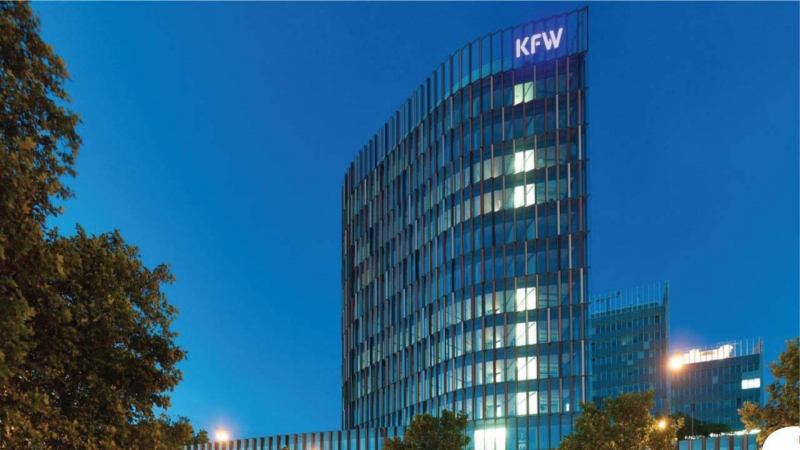
Photo: zonetopten Video: KfW Bankengruppe -
The Zürcher Kantonalbank (ZKB) is one of Switzerland's major banks, specializing mostly in mortgages, private loans, investment, and pensions. The canton of Zurich owns (and guarantees) the bank, with the cantonal council overseeing its operations. As a result, it acts autonomously under public law.
ZKB is a Swiss banking sector pillar (it has been in continuous operation since 1870), with total assets of about CHF170 billion ($173 billion), making it the country's largest cantonal bank.
Type: Incorporated public-law institution
Website: www.zkb.ch
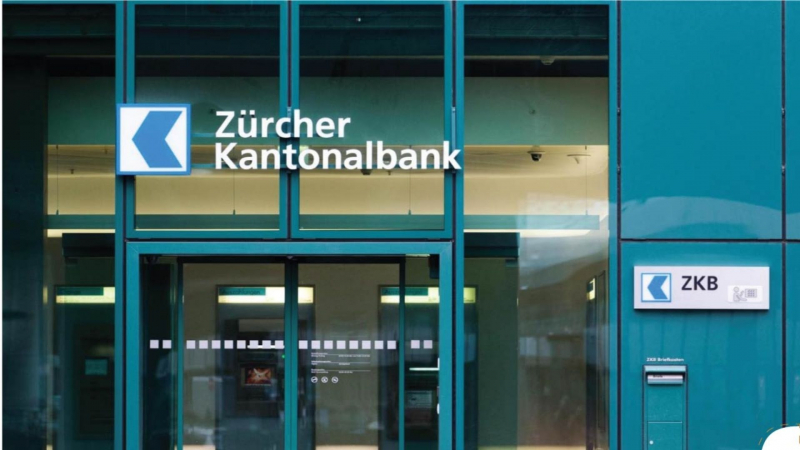
Photo: zonetopten Video: Zürcher Kantonalbank -
Bank Nederlandse Gemeenten (BNG) was founded in 1914 in The Hague as the Gemeentelijke Credietbank (Municipal Credit Bureau), before changing names in 1922 and again in the 1990s. It presently serves as a bank as well as a Local Government Funding Agency.
BNG, like NWB, does not give finance to privately held enterprises; instead, it works only with public or semi-public entities such as provincial governments, public housing authority, public utility suppliers, and municipalities. When measured only by assets, it is one of the leading banks in the Netherlands, with the Dutch state owning 50% of the stock and province and local governments owning the rest.
Type: Private
Website: www.bngbank.com
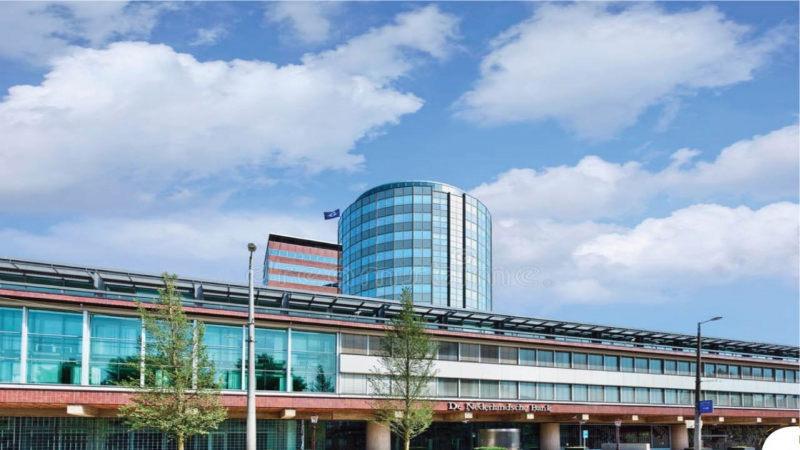
Photo: zonetopten 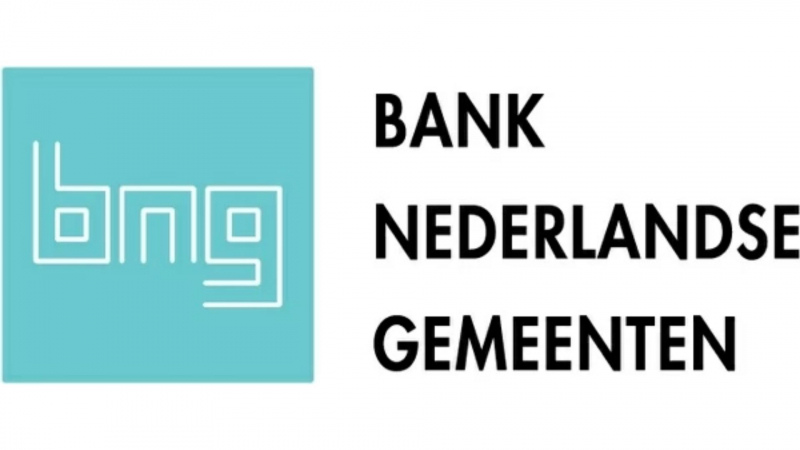
Photo: pinterest -
The Landwirtschaftliche Rentenbank, founded in 1949, is well-known for offering low-interest loans to Germany's agricultural commercial businesses and organizations, as well as its linked industries. As a sign of its significance, it is safeguarded by the German state through Anstaltslast, with the government serving as guarantee.
The majority of its investment comes from foreign capital markets, and it is then invested in private firms in the aforementioned agricultural sector (especially those working in organic and renewable energy projects), as well as public programs in rural regions. It has also made significant investments in the German food business. With assets of little more than €103 billion as of 2020, the bank is supervised by the Federal Financial Supervisory Authority and the German Central Bank (Deutsche Bundesbank).
Type: Institute under Public Law
Website: www.rentenbank.de
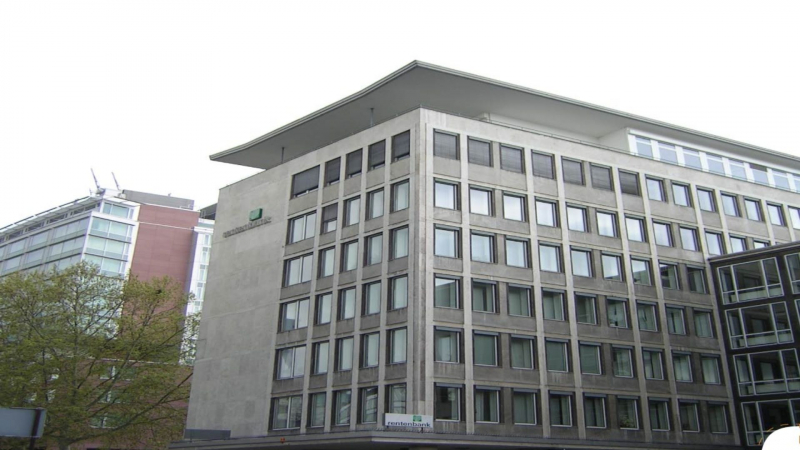
Photo: zonetopten 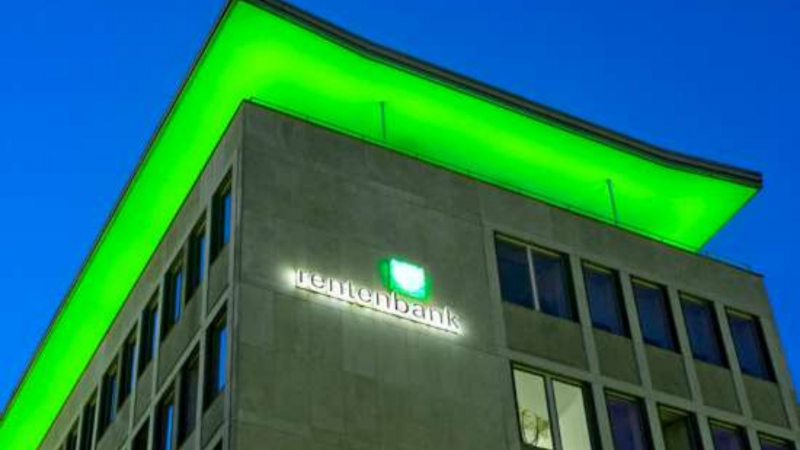
Photo: rentenbank -
The L-Bank is formally the State Development Agency of the southern German state of Baden-Württemberg (who also function as the bank's guarantee), and was built on the promotional component of the previous Landeskreditbank Baden-Württemberg. It is largely responsible for the growth of small and medium-sized businesses in that region.
It was founded in 1998 and is based in Karlsruhe. It also provides building and infrastructure finance options, collaborating with (rather than competing with) other commercial and savings banks in the area. It has also funded a number of technological centres in Stuttgart, Mannheim, and Tübingen. The L-Bank is also known for its significant collection of ancient instruments, as well as a vineyard in Karlsruhe and the Schloss Maurach, a Baroque castle near Birnau; in fact, its total assets were slightly over $79 billion as of January 2020.
Type: Public bank
Website: www.l-bank.de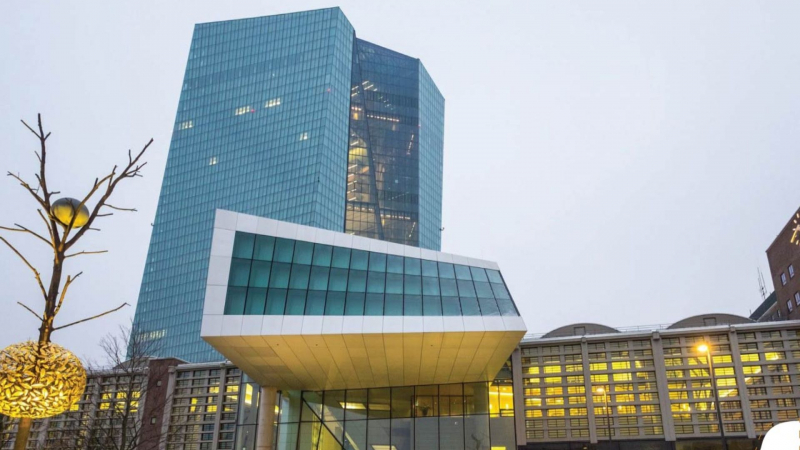
Photo: zonetopten Video: L-Bank -
The Nederlandse Waterschapsbank (NWB), founded in 1954, is a Dutch bank that initially focused on providing financial solutions to provincial water bodies throughout the Netherlands. It has lately expanded its services to include public housing, education, and environmental initiatives for other Dutch government ministries and provincial authorities.
It is owned by a varied range of Dutch government institutions and, while being a recognized financial institution, it exclusively provides services to the Dutch government — not to people or privately held enterprises. It presently has assets worth little more than $86.5 billion.
Type: Private
Website: nwbbank.com
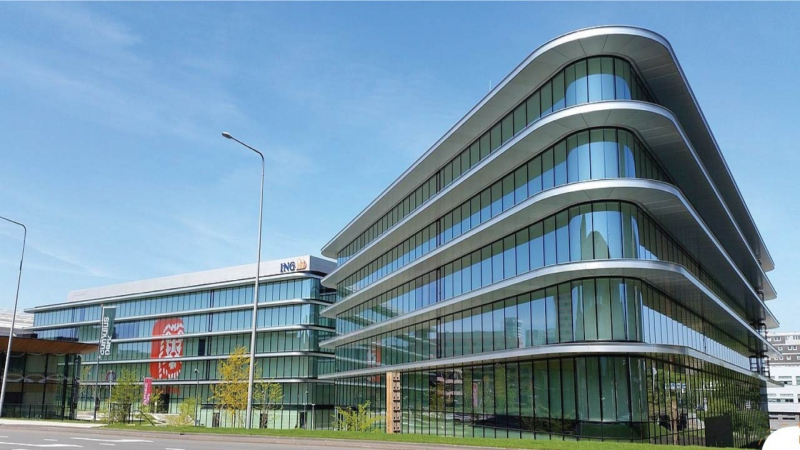
Photo: zonetopten Video: Netwerk Aquathermie -
Kommunalbanken Norway (KBN), headquartered in Oslo, Norway, was created in 1927 under the guise of its legal predecessor, Norges Kommunalbank, before creating its present structure in 1999. The Norwegian government owns it entirely on behalf of King Harald V of Norway.
KBN, the country's major loan provider for the local government sector, is tasked to offer low-cost lending to Norwegian provincial authorities while also encouraging market competition. With total reported assets of roughly $48.5 billion, it is closely controlled and lends primarily to Norwegian public agencies (at the local, county, and inter-municipal levels).
Type: Private
Website: www.kbn.com
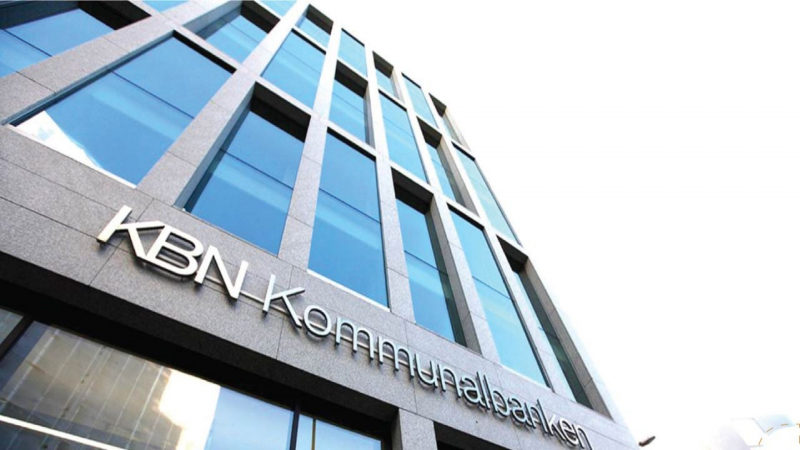
Photo: zonetopten Video: Kommunalbanken Norway -
This financial organization, known as the development bank of North Rhine-Westphalia, was founded in 2002 as NRW.BANK and has offices in both Münster and Dusseldorf. It is a public institution that is held by the state of North Rhine-Westphalia.
NRW.BANK provides structural support to the state's economic and political objectives, and despite harsh criticism for its use of Credit Default Swaps (CDSs), which are assumed to be safe but are really unlawful, the bank remains in the top ten on this list. It now has around $169 billion in assets.
Type: Anstalt des öffentlichen Rechts(public agency)
Website: www.nrwbank.de
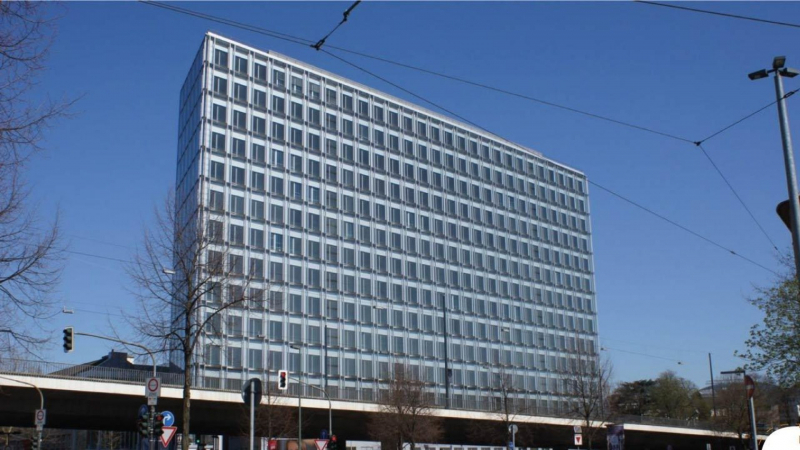
Photo: zonetopten Video: NRW.BANK -
The Swedish Export Credit Corporation – or SEK, as it is likely better known – was created in 1962 in Stockholm, where it is still located today.
Owned entirely by the Swedish government, it primarily provides financing and finance solutions to major and medium-sized Swedish exporters (such as Volvo), as well as export suppliers and overseas buyers of Swedish goods. To that aim, it loans in over 70 countries, with a strong emphasis on corporate social responsibility and long-term finance; notable projects include street lighting repairs in London, wind turbines in Chile, and office buildings in the United States.
Website: www.sek.se

Photo: zonetopten Video: SEK Svensk Exportkredit -
The Banque et Caisse d'Épargne de l'Etat (BCEE) (or Spuerkeess, as it is known in its original tongue) is a commercial bank formed and controlled by the Luxembourgish government. It was founded in 1856. It was founded as a savings bank, but as time passed, it increased its capabilities, eventually becoming a full-service financial organization by Grand-Ducal Decree in 1944.
It now fulfills all of the tasks of a commercial bank, including private and retail banking. Its total assets are little over €46 billion ($51.2 billion), making it one among Luxembourg's major financial organizations.
Type: State-owned enterprise
Website: www.spuerkeess.lu
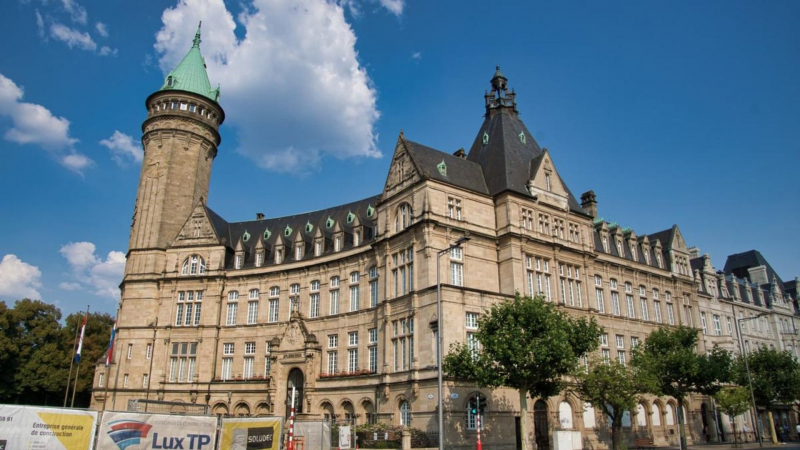
Photo: structurae Video: Spuerkeess












